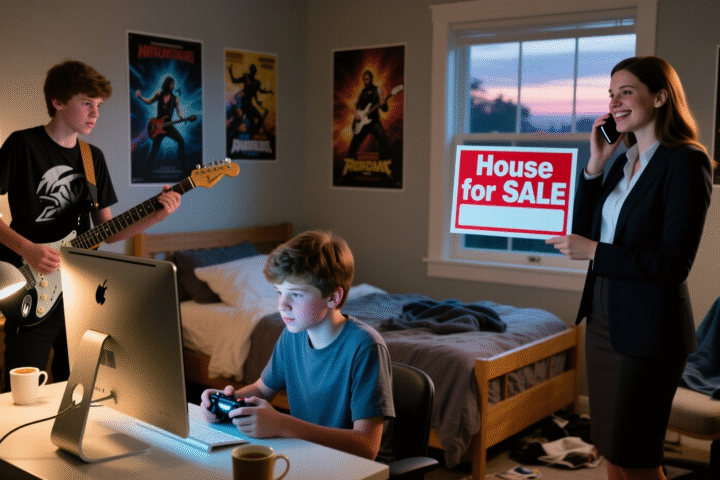A federal judge has thrown out a lawsuit against Yuga Labs, the creator of the Bored Ape Yacht Club (BAYC) NFT collection, ruling that the tokens do not qualify as securities. The decision represents a significant moment in defining how U.S. securities laws apply to digital collectibles.
Key points:
- A federal judge dismissed the lawsuit against Yuga Labs, ruling BAYC NFTs are not securities under the Howey Test.
- The court found the NFTs were marketed as digital collectibles with membership perks, not as profit-focused investments.
- The decision reinforces legal clarity for NFT projects, reducing regulatory uncertainty in the broader Web3 space.
Judge Fernando M. оlguin ruled that the plaintiffs failed to show how BAYC NFTs, ApeCoin (APE) or other digital assets under Yuga Labs satisfy the three-pronged Howey Test. The Howey Test is a legal standard used by the U.S. Securities and Exchange Commission (SEC) to determine whether an asset qualifies as a security, often applied to evaluate investments, including crypto and tokens.
In 2022, plaintiffs filed a lawsuit claiming Yuga Labs had misled buyers into expecting profits from their NFT purchases. Judge Olguin, however, ruled that the NFTs were promoted as digital collectibles with exclusive membership perks, not as investments intended to generate financial returns.
Related: How to Use Layer 2 Solutions to Speed Up Ethereum Transactions
Furthermore, the court determined that no “common enterprise” existed between Yuga Labs and NFT buyers, a key element under the Howey Test. The NFTs were publicly tradable on blockchains and did not involve any ongoing financial arrangement with the company.
The court ruled that broad statements regarding potential value or future initiatives did not constitute promises of profit. The decision cancels the jury trial set for October and dismisses all claims with prejudice, permanently closing the case and preventing plaintiffs from refiling the same claims
Related: NFT Minting Terms Every Creator Must Know Before Their First Mint
Yuga Labs Ruling Clarifies NFT Status for Web3 Projects
The ruling is seen as a key development, reinforcing the view that NFTs marketed as digital collectibles with membership or access benefits generally do not qualify as securities under U.S. law.
For ecоsystems like Shiba Inu, the ruling offers a clearer legal framework for NFT initiatives, including Shiboshis or other NFT-based utilities on Shibarium. By reinforcing that NFTs linked to access, membership, or community perks are generally not considered securities, the decision reduces regulatory ambiguity.
This clarity could encourage innovation within the SHIB ecosystem, giving developers and the community greater confidence to expand digital offerings without the immediate threat of securities litigation. As NFT adoption grows, such legal precedents may become a cornerstone for defining compliant, community-focused projects across the broader Web3 landscape.












